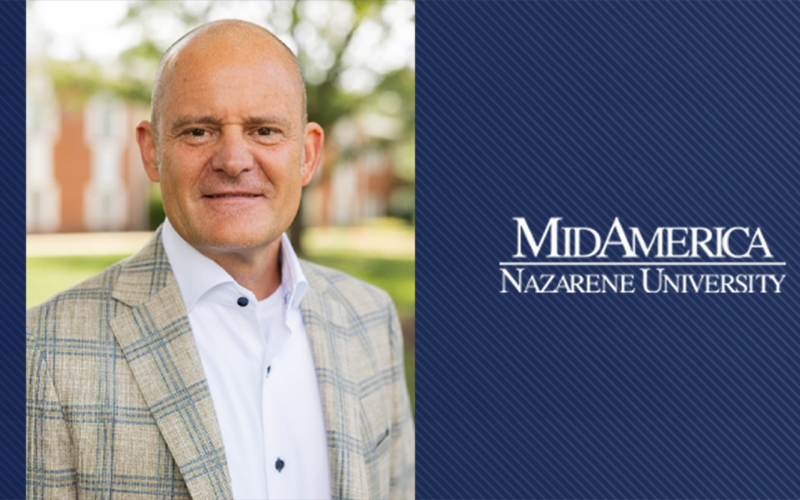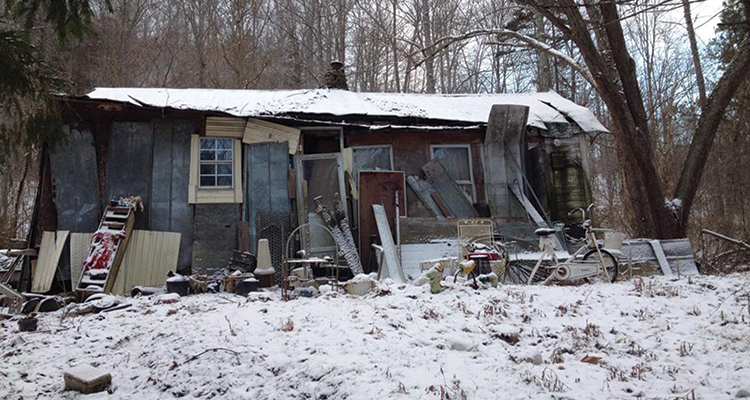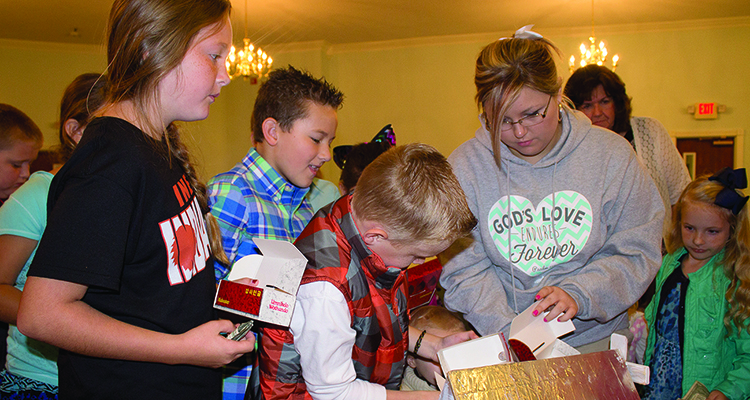
Changing the face of poverty

On one of the most difficult days of their lives, John and Lisa Mollett called their pastors. John had been diagnosed with stage 4 throat cancer, and the couple needed the prayers of their church family at Turkey Creek Church of the Nazarene in Martin County, Kentucky.
What they weren’t expecting was the practical support from their church community: money, gasoline, Christmas presents for their three children. People called regularly, sent cards, and offered to drive their children wherever they needed to go.
“It was like a burden was rolled off,” Lisa said. “They helped us through a very difficult time.”
This all-encompassing compassion is what Pastors Dwayne Mills and his father, Garrett, are working to emphasize in this small church located in the coal fields of Eastern Kentucky’s Appalachian region.
The face of poverty
In 1964, Martin County, Kentucky, became the face of poverty in the U.S. when President Lyndon Johnson visited and declared his proposed war on poverty. At the time it was the poorest county in the country. Today, unemployment, drugs, and unhealthy family patterns are among the persistent causes of seeming hopelessness in the community.
In fact, drug addiction has touched nearly every person there, whether through a family member or friend, and generational poverty is still a problem today, more than 50 years after Johnson’s visit. At the time, the poverty rate in Martin County was 60 percent. Today, that percentage is down, but it remains one of the poorest counties in the U.S., with a poverty rate of 35 percent, which is more than two times the national average.
“We’ve got to break the cycle of what they know,” Dwayne said.
The pastors have known the cycle for a long time. Garrett pastored the church from 1975 to 1983 when Dwayne was a child. Dwayne felt called to return after Tony Campolo spoke at a chapel service at Olivet Nazarene University, asking students, “Why would you be in a place where God can use anyone? Why wouldn’t you go to a place where he could only use you?”
“Two words came to mind in that moment, and they were Martin County,” Dwayne said.
Dwayne feels his calling is not solely to the church, but to the county, too. He is active within the local school system, sits on various boards and committees, and is connected with the local community center.
“I’ve always been a huge proponent of the church having to care for the whole person, not just the spiritual,” he said.

A safe haven
Much of Martin County’s poverty is found in the hollows, or “hollers,” as they’re called, between the Appalachian Mountains. Every Wednesday, Christi Brown spends more than an hour driving a passenger van to and from those hollers so young people can go to church on Wednesday nights. Though trust forms slowly, the route offers a chance to connect with youth from difficult situations.
“The greatest thing is when they want to invite their friends,” she said.
For 16-year-old Megan Preston, life hasn’t always been easy, but she found encouragement in the church when many of her peers become hopeless, dropping out of school, or turning to drugs.
“Some people feel like they can’t be much of anything, so they don’t try,” Preston said. “When they finally came to our church, it opened up a new door for them because they never knew a life that way.”

A call to stay
Pastor Dwayne’s dream is to see more resources invested in rural areas like Appalachia, where less than 40 percent of the population have a church home.
The Turkey Creek church is working toward opening a Nazarene compassionate ministry center to address some of the needs of families in the county.
The church’s dream is a CMC that would partner with the local community center to facilitate after-school programs, GED classes, parenting training, and eventually a crisis pregnancy center. Dwayne hopes the center will also allow them to invite as many as 30 short-term teams a year to bring skilled laborers to the area. It could welcome students from Christian universities for a semester with skills in health care, counseling, education, and ministry.
“For it to work in Appalachia, people have to understand culture, and we’ve got to be very inclusive," Dwayne said. “It’s going to be a God thing if it happens, there’s no doubt about it.”
To help fund a compassionate ministry center in Martin County, click here.
--Republished with permission from NCM magazine, Summer 2015 edition


